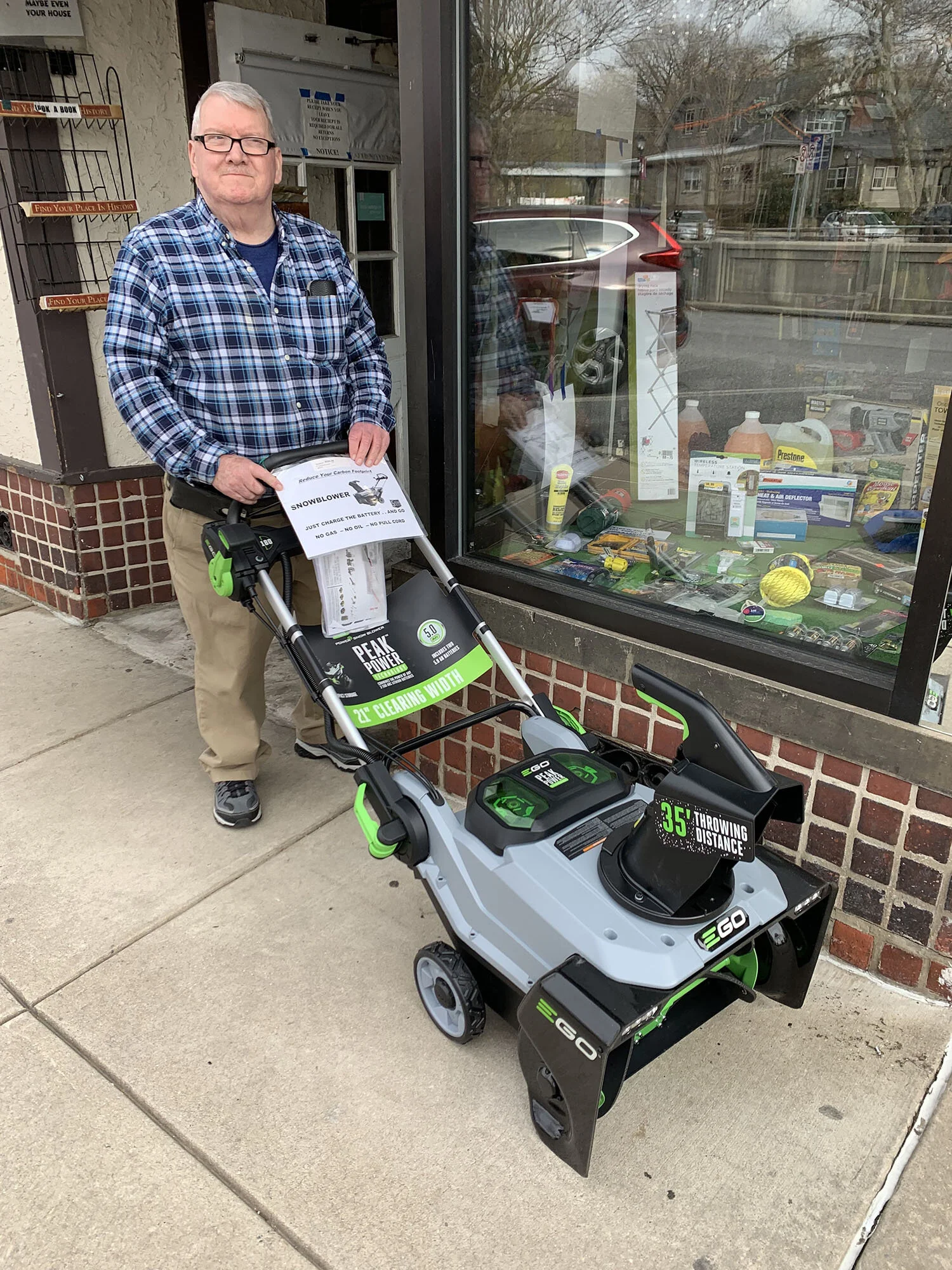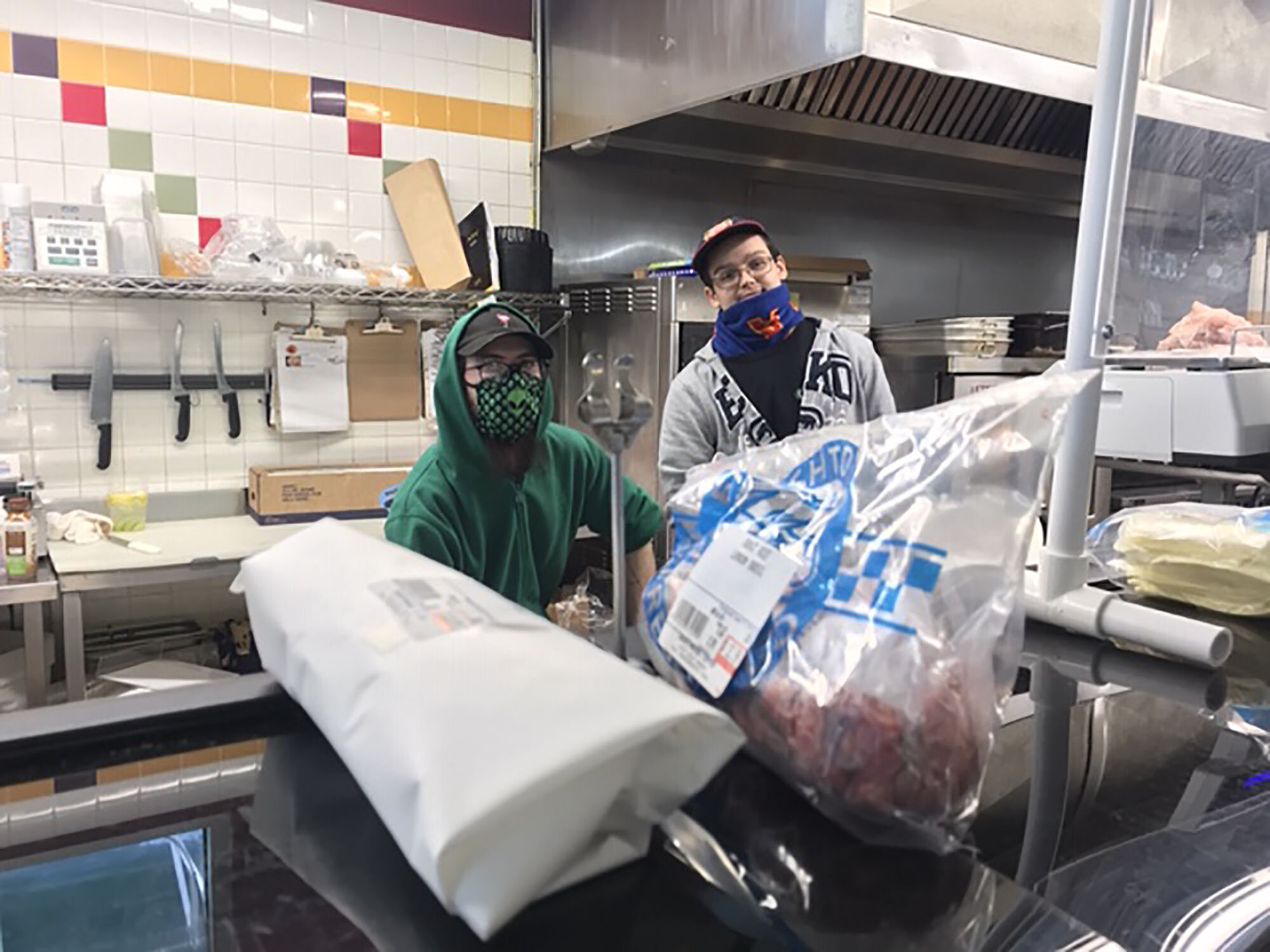George Floyd’s death has brought racial intolerance and violence to the forefront of American attention, again. His death has ignited a national conversation on structural violence and racism. It should also ignite controversy over another issue that contributed to his vulnerability: his employment status. Floyd was a bouncer who was unable to work during the pandemic. He allegedly tried to pay at a grocery store using counterfeit money, and for that, if he did it, he lost his life. Thinking about the casual workers who come into Swarthmore every single day, I can’t help but wonder: What is keeping them afloat during the pandemic?
All in To The Editor
White fragility at home
A letter in the June 12 issue of the Swarthmorean, obliquely referencing the recent racist incident at Strath Haven High School and its aftermath, managed to discuss the topic at length without ever acknowledging the victims — the minorities in our community who continue to be deeply wounded by these events. What does the larger white community owe to them? Sociologist Robin Diangelo’s “White Fragility” is among the books on race being recommended following the killing of George Floyd.
Pomp and unforeseen circumstances
Our son graduated from Strath Haven High School last Friday, and this community helped make it a day to be remembered. Yes, there is a pandemic. Yes, it rained, so the graduation had to be indoors. But our neighbors in Wallingford, Swarthmore, Rutledge, and South Media showed us what community and kindness and hope and love are all about.
Bring the music back
As musicians who lost all our scheduled jobs as a result of COVID-19, we’ve been watching with interest and caution as businesses and services begin to take small, careful steps to reopen operations safely. Among our cancelled musical performances were some scheduled appearances at farmers’ markets throughout the area. As these markets begin to reopen with appropriate restrictions, we encourage them to consider resuming live music.
Charlie’s hardware: grass seed, umbrellas, and everything else you need
I want to give a shout out to Charlie at the Swarthmore Hardware store, a small-town treasure in this time and others. He seems to be open all the time, has just what you need, and knows where it is.
In response to the tragic murder of George Floyd, I believe every municipality in the U.S. ought to be reviewing its police policies, whether it has a history of police misconduct or not. Thankfully, Swarthmore is a peaceful town, with no history, that I know of, of excessive force or biased detention and indictment. But we should not simply rest on our laurels.
We have recently seen in this community that when an “underdeveloped” personality is combined with an iPhone, the social punishment can be permanent. The destruction that follows requires willing accomplices, other people who will spread the offending message and attack and shame its young creator. Those accomplices, unfortunately, are plentiful and include many of us adults.
White Americans must fix it
“Don’t come into my community. Your work is in the white community.” Those were the words spoken at Pendle Hill by a black activist to a gathering of white activists for racial justice. I write in the hope that white Americans will do the work that it is ours to do.
We cannot be complicit
We, as members of the Interfaith Council of Southern Delaware County, Pennsylvania, affirm the interrelatedness of our communities and states. When an injustice occurs in our society, we find it imperative to not sit idly by.
Kindness at noon
Kindness at Noon (KAN) grew out of a homework assignment in one of the creative writing classes I teach in prisons. People behind bars have adopted this exercise as an anti-violence technique and use it as an alternative to conflict.
Swarthmore’s path to the Lazaretto
An interesting fact not mentioned in the recent article “Plantings at the Epicenter of Quarantines Past” (May 1) is that Swarthmore Avenue was previously known as the Lazaretto Road because it ran down to the Lazaretto, the quarantine station on the Delaware River.
Parks are priceless: Don’t cut conservation funding
The Pennsylvania State House recently passed HB1822, which aims to cut conservation funding until Pennsylvania’s COVID-19 disaster declaration expires. This bill will slash funds for programs like the Growing Greener Program and the Keystone Fund that preserve and maintain our priceless open spaces. Without these funds, these state programs will struggle to maintain the parks, playgrounds, and farmlands near and dear to us.
Unfortunately, new state legislation seeks to threaten the parks that we hold dear. HB1822, which passed through the Pennsylvania State House in April, would freeze critical conservation funding that maintains the commonwealth’s public lands.
Biden’s poll numbers rise as Trump keeps talking
Donald Trump’s win in 2016 and his tenure as our president turned the political world upside down. Now the COVID-19 crisis has made things worse still. Wouldn’t it be amazing if President Trump, who cannot stop talking and lying, was defeated by an opponent who talked very little but always told the truth?
Signs don’t speak for everyone
Walking around Swarthmore, I notice lawn signs cropping up which read: “Together We Will See It Through.” I’m sure the intention is to lift the spirits and convey hope. However, that is not my reaction.
Gift baskets for Chester grads
The Delaware County District Attorney’s Office is helping Chester High School and STEM Academy build community support for their Senior Gift Basket Project. The baskets are a token of appreciation for everything they had to accomplish in order to graduate from high school and overcome immediate circumstances.
Lights, camera, action at the Co-op
While the experts spoke of mitigating, social distancing, and flattening the curve, the Co-op was ahead of the curve among all the places I shop.
Bear (2005-2020)
As man’s best friend, I have lived all over town: on Yale Avenue, Lafayette Avenue, and for the last three years on Haverford Avenue. You might think moving among three residences in the same zip code would be a challenge for a family pet, but it didn’t feel that way to me. The town was my constant.
What the Co-op needs to survive
I ask the three groups who are opposing the Co-op’s sale of beer and wine to withdraw your opposition. Patrick Flanigan, the Pastuszek family, and Rodney and Deborah Swaney: You are holding the Co-op hostage, forcing it to divert resources that the business cannot afford to waste fighting you in court.
Your April 3 print issue has only just reached North Carolina, and I much enjoyed Elizabeth Miller’s essay, “News Notes, Social Media, and the Anxiety of Oversharing.”
















